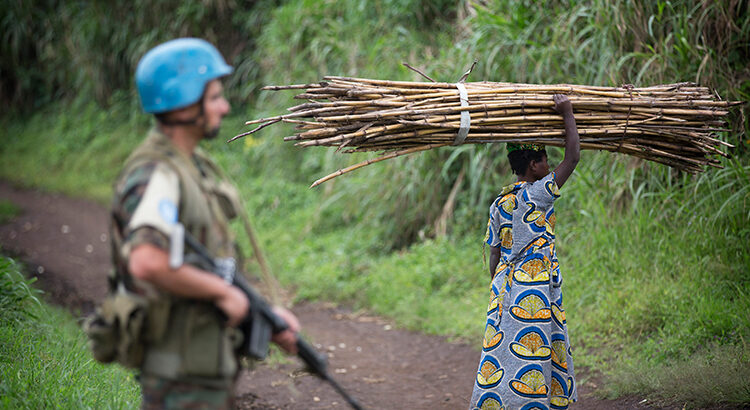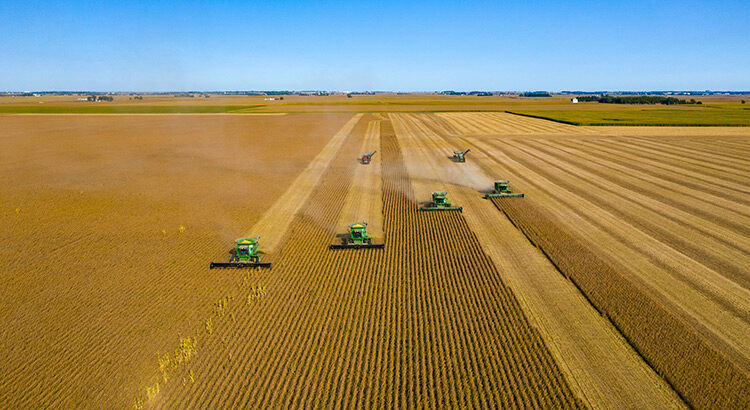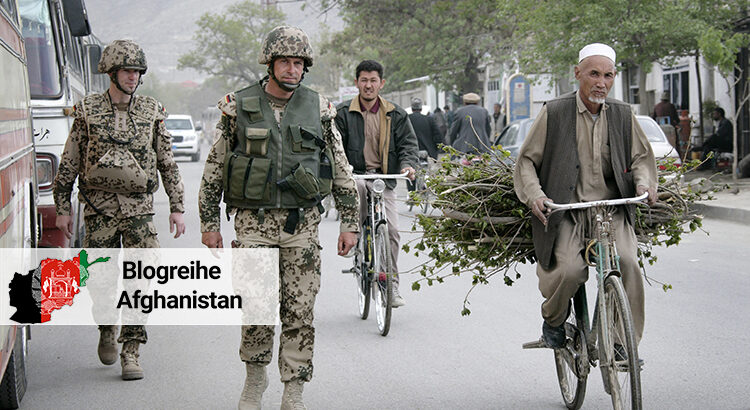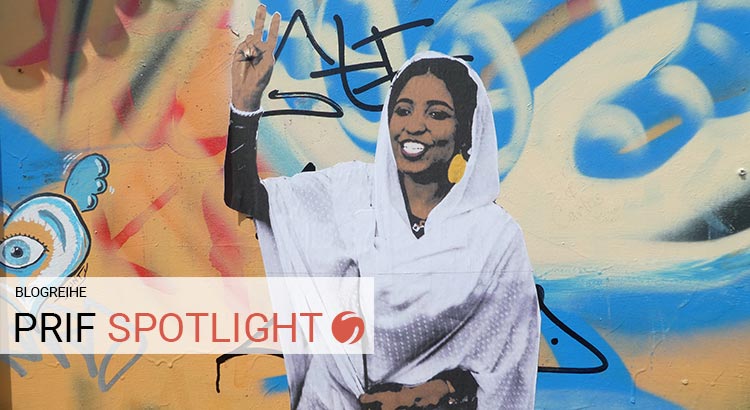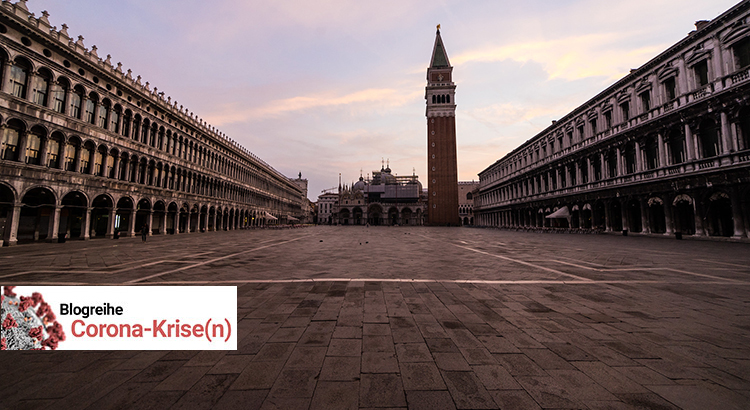The UN peacekeeping mission in the DR Congo comes to an end. This happens at a time when the country and especially the eastern provinces are still experiencing violence and armed conflict. Among others, the conflict situation, and the limited success of the UN to keep peace in the country is due to an insufficient understanding of local conflict dynamics within the civilian population. With the UN focussing on the macro level, the root causes of conflicts get out of sight. It is time to reflect on these problems and consider how a different local ownership approach could foster the exit strategy of MONUSCO.
Schlagwort: Zivilgesellschaft
Warum dringen Krisenwarnungen nicht durch? Vier Eigenschaften, die Warnungen vor Massenverbrechen erfüllen sollten
Die Früherkennung und die Prävention von Massenverbrechen sind eine große Herausforderung. Es mangelt meist nicht an Warnungen, die insbesondere von Akteuren aus der Zivilgesellschaft formuliert werden. Daher wird oft angenommen, es liege an mangelndem politischen Willen, dass auf die Warnungen keine präventiven Maßnahmen folgen. Wie dieser Blog zeigt, können aber auch die zivilgesellschaftlichen Akteure selbst einiges dafür tun, um die Qualität ihrer Arbeit zu steigern und von Entscheidungsträger*innen gehört zu werden.
Why will so many Scientists Boycott the UN Food Systems Summit?
At the upcoming Food Summit, the United Nations take a necessarily hard look at the world’s food systems. “Not hard enough”, claim an increasing number of food and agricultural scientists who are losing their patience with the globalized system of agribusiness and its failure to deliver for the world’s poor and the environment.
Lernen aus Afghanistan: Aufstandsbekämpfung und zivile Opfer
Westliche Regierungen sprechen von einem planmäßigen Abzug aus Afghanistan und den vielen Erfolgen der vergangenen 20 Jahre. Es handelt sich aber um eine militärische Niederlage. Nach Großbritannien und der Sowjetunion unterlag nun auch ein NATO-geführtes Bündnis afghanischen Guerillakämpfern. Doch nicht nur für westliche Demokratien ist die Bilanz der Aufstandsbekämpfung (bei der asymmetrisch operierende Guerillas konventionell überlegene Streitkräfte überlisten) düster: die Hauptopfer des Krieges sind Zivilisten in Afghanistan. Eine zentrale Lehre aus Afghanistan ist, dass zivile Opfer in asymmetrischen Kriegen unvermeidlich sind. Zumindest aus ethischen Gründen sollten Staaten, die sich dem Schutz von Menschenrechten verschrieben haben, solche Kriege daher nicht kämpfen.
Evaluation im Kooperationskontext. Chancen zur Gestaltung der Zusammenarbeit von Sicherheitsbehörden und Zivilgesellschaft
Ende 2020 verabschiedete der Kabinettausschuss zur Bekämpfung von Rechtsextremismus und Rassismus einen umfangreichen Maßnahmenkatalog, in dem auch eine Stärkung der Zusammenarbeit zwischen Sicherheitsbehörden und Zivilgesellschaft empfohlen wird. Obwohl bereits einige erfolgreiche Ansätze existieren, scheint es an dieser zentralen Schnittstelle der Extremismusprävention weiterhin Entwicklungsbedarf zu geben. Innovative Evaluationsvorhaben können hier einen wichtigen Beitrag leisten, indem sie dabei helfen, bestehende Initiativen zu stärken, mögliche Hürden zu überwinden und gleichzeitig den nötigen Raum zur klaren Abgrenzung zwischen den Akteursgruppen zu bieten.
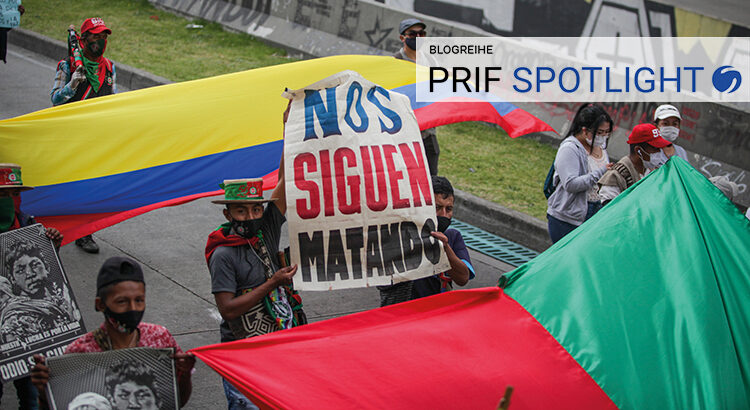
The Political Logic of Violence. The Assassination of Social Leaders in the Context of Authoritarian Local Orders in Colombia
Ever since the conclusion of the peace deal between the Colombian government and FARC guerrilla in late 2016, the number of social leaders murdered has risen sharply – something that even the latest developments surrounding the Covid-19 pandemic have had little bearing on. These acts of violence are frequently attributed to the presence of armed non-state actors and their fight for control over illegal economies. And yet, the situation has an unmistakably political side to it, reflecting the very modus operandi of local authoritarian orders in Colombia. For counterstrategies to be developed, it is crucial to acknowledge the political logic behind the violence.
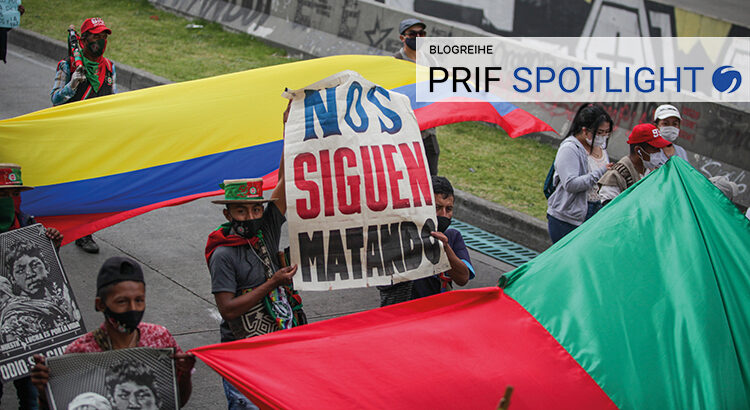
Die politische Logik der Gewalt. Zur Ermordung sozialer Aktivist*innen im Kontext autoritärer lokaler Ordnungen in Kolumbien
Seit dem Abschluss des Friedensabkommens zwischen der kolumbianischen Regierung und der FARC-Guerrilla Ende 2016 sind die Morde an sozialen Aktivist*innen deutlich angestiegen. Daran hat sich auch unter den Bedingungen der COVID-19-Pandemie nichts geändert. Häufig wird diese Gewalt allein auf die Präsenz bewaffneter, nichtstaatlicher Akteure und deren Kampf um die Kontrolle illegaler Ökonomien zurückgeführt. Sie hat aber zugleich eine dezidiert politische Seite und spiegelt konkret die Funktionsweise lokaler autoritärer Ordnungen in Kolumbien. Diese politische Logik anzuerkennen, ist wichtig, um Gegenstrategien zu entwickeln.
Wie friedliche Revolutionen nachhaltig demokratische Entwicklung stärken
Friedliche Revolutionen, welche beispielsweise in Polen, der DDR, oder jüngst im Sudan zum Ende von Diktaturen geführt haben, sind historische Wegscheiden, die nachhaltig die politische Entwicklung eines Landes prägen. Neue Forschungsergebnisse zeigen, dass friedliche Revolutionen langfristig die Stabilität und Qualität von Demokratien befördern. Demokratieförderung und Entwicklungszusammenarbeit können an diese Erkenntnisse anknüpfen.
COVID-19 as a Threat to Civic Spaces Around the World
As countries across the globe are desperately trying to control the COVID-19 pandemic, a rapidly increasing number of governments have started to impose severe restrictions on core civic freedoms. Although restrictions are currently necessary to save lives and protect health care from overburdening, these emergency measures must be proportional and strictly limited in time. It is crucial to monitor how restrictions are implemented to prevent governments from using the current crisis to justify new constraints on civic spaces, which have already have been shrinking in many places during the last 15 years.

Why study democracy promotion negotiation?
Democracy promotion is a fundamentally interactive practice: it involves a complex interplay of external and local actors. In perceiving their goals, democracy promoters interact with various kinds of “local actors” and must increasingly confront the fact that local interests not only have to be taken seriously and integrated, but that a successful democratization process requires more than template models imposed from the outside. It requires discussion, dialogue and negotiation – and here comes the problem: Although most scholars acknowledge the interactive nature of democracy promotion, the interaction process itself is largely treated as a “black box” and negotiation dynamics have been somewhat unexplored. This is about to change.
